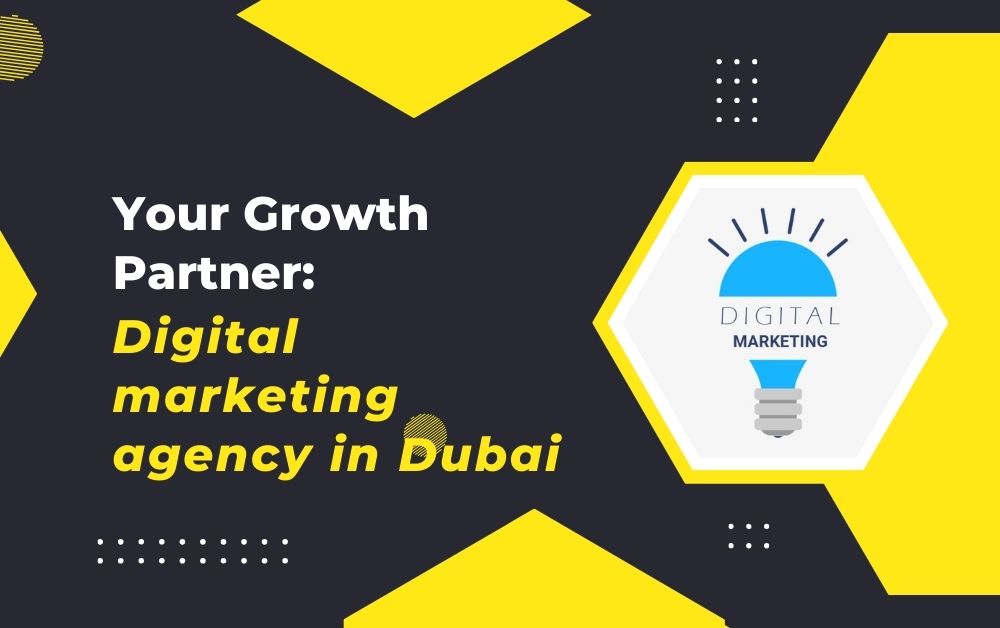🌐 Introduction
Digital marketing refers to the use of digital channels, platforms, and technologies to promote products, services, or brands to reach and engage with customers. Unlike traditional marketing (TV, radio, print), digital marketing leverages the internet, mobile devices, social media, search engines, and email.
It has transformed the marketing landscape by offering measurable results, precise targeting, cost-efficiency, and real-time engagement.
💡 Why Digital Marketing Matters
- Wider Reach: Access to global audiences.
- Cost-Effective: Budget-friendly campaigns compared to TV or print.
- Targeted Marketing: Reach specific demographics or interests.
- Trackable Performance: Monitor engagement, clicks, conversions.
- Flexibility & Scalability: Easily modify or scale campaigns.
📊 Types of Digital Marketing
Here are the most common types of digital marketing and what they involve:
1. Search Engine Optimization (SEO)
SEO is the process of optimizing a website to improve its visibility in organic (non-paid) search engine results.
Key Aspects:
- On-page SEO: Content optimization, keywords, meta tags.
- Off-page SEO: Backlinks, domain authority.
- Technical SEO: Site speed, mobile-friendliness, indexing.
Goal: Appear on the first page of search engines like Google or Bing.
2. Search Engine Marketing (SEM)
SEM involves paid advertising to appear on search engine results. Common platforms include:
- Google Ads
- Bing Ads
You pay per click (PPC) or per impression.
Benefits:
- Quick visibility
- Highly targeted
- Budget control
3. Content Marketing
Content marketing involves creating and distributing valuable, relevant content to attract and retain audiences.
Common Formats:
- Blog posts
- Infographics
- Whitepapers
- Videos
- Ebooks
Content must be informative, engaging, and optimized for SEO.
4. Social Media Marketing (SMM)
This focuses on using platforms like Facebook, Instagram, Twitter, LinkedIn, TikTok, and YouTube to promote your brand.
Activities:
- Organic posting
- Paid advertising
- Community engagement
- Influencer collaborations
Benefits:
- Builds brand identity
- Drives traffic and sales
- Real-time customer feedback
5. Email Marketing
Still one of the highest-ROI digital strategies. It involves sending newsletters, promotions, or updates to your audience.
Tools:
- Mailchimp
- ConvertKit
- HubSpot
Metrics to Watch:
- Open rate
- Click-through rate (CTR)
- Bounce rate
6. Affiliate Marketing
This is a performance-based marketing method where you promote other brands’ products and earn a commission on each sale or lead.
Common Platforms:
- Amazon Associates
- ClickBank
- Commission Junction (CJ)
7. Influencer Marketing
Brands collaborate with influencers (social media personalities, bloggers) to promote products authentically to their followers.
Benefits:
- High engagement
- Trusted recommendations
- Boost brand visibility
8. Mobile Marketing
Marketing targeted to mobile devices through:
- SMS campaigns
- Mobile apps
- In-app ads
- Push notifications
9. Video Marketing
Creating promotional videos, tutorials, testimonials, or live streams to reach audiences visually.
Channels:
- YouTube
- TikTok
- Instagram Reels
- Facebook Live
10. Online Public Relations (Digital PR)
Gaining publicity through online channels such as:
- Blogs
- Online magazines
- Guest posts
- Press releases
- Influencer mentions
🛠️ Tools Used in Digital Marketing
| Category | Tools & Platforms |
|---|---|
| SEO | Ahrefs, SEMrush, Moz, Google Search Console |
| SEM | Google Ads, Bing Ads |
| Email Marketing | Mailchimp, GetResponse, Sendinblue |
| Analytics | Google Analytics, Hotjar, Crazy Egg |
| Social Media | Hootsuite, Buffer, Sprout Social |
| Content | Grammarly, Canva, BuzzSumo, Surfer SEO |
| Automation | HubSpot, Zapier, ActiveCampaign |
📈 Key Metrics in Digital Marketing
- CTR (Click-Through Rate)
- Conversion Rate
- Bounce Rate
- Cost Per Click (CPC)
- Return on Investment (ROI)
- Customer Lifetime Value (CLV)
🪜 Steps to Build a Digital Marketing Strategy
Step 1: Define Goals
What do you want to achieve?
- Brand awareness?
- Lead generation?
- Sales?
Step 2: Know Your Target Audience
Understand demographics, interests, behavior, and pain points.
Step 3: Select the Right Channels
Not every platform fits every business. Choose based on audience and goals.
Step 4: Create Valuable Content
Ensure content solves problems, educates, or entertains.
Step 5: Optimize for Search Engines
Use SEO to improve visibility.
Step 6: Run Paid Campaigns
Use PPC or social ads to boost traffic and conversions.
Step 7: Track Performance
Use Google Analytics, heatmaps, and campaign tools to track effectiveness.
Step 8: Improve and Scale
A/B test your strategies, remove what doesn’t work, and scale what does.
🚀 Future Trends in Digital Marketing
- AI & Automation (Chatbots, predictive analysis)
- Voice Search Optimization
- Video-First Strategy
- Micro-Influencers
- Privacy & First-party Data Collection
- AR/VR Integration
🧠 Conclusion
Digital marketing is a dynamic and powerful approach that enables businesses of all sizes to connect with their audience in real time. From SEO and social media to video and email, it covers a wide range of strategies that can be customized to fit any goal or budget.
To succeed in digital marketing:
- Stay updated on trends
- Focus on creating genuine value
- Measure everything
- Continuously optimize
Whether you’re a startup, freelancer, or global brand, digital marketing is essential in the modern business landscape.




Leave a Reply